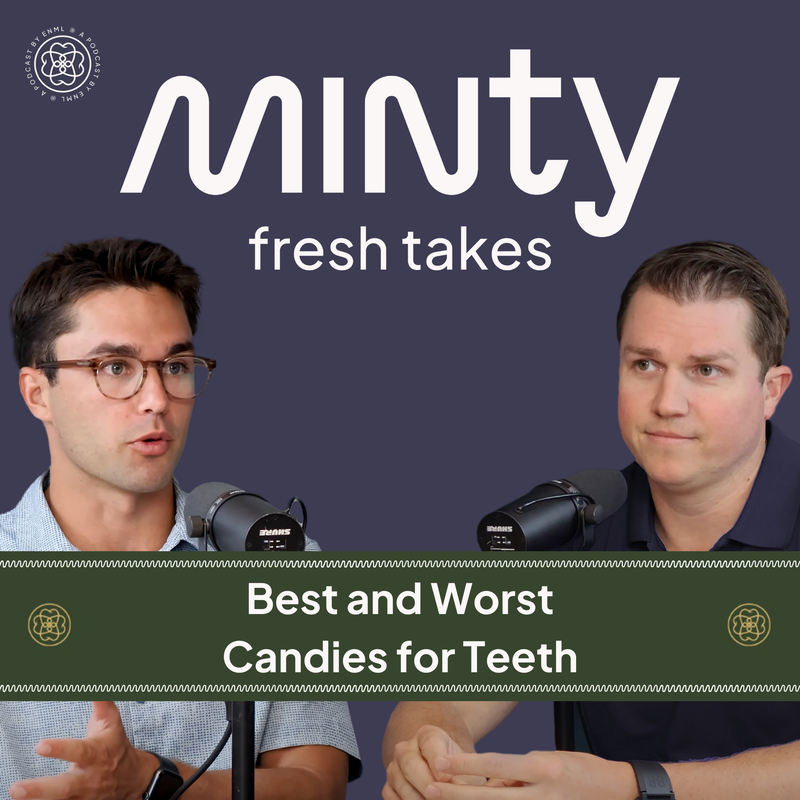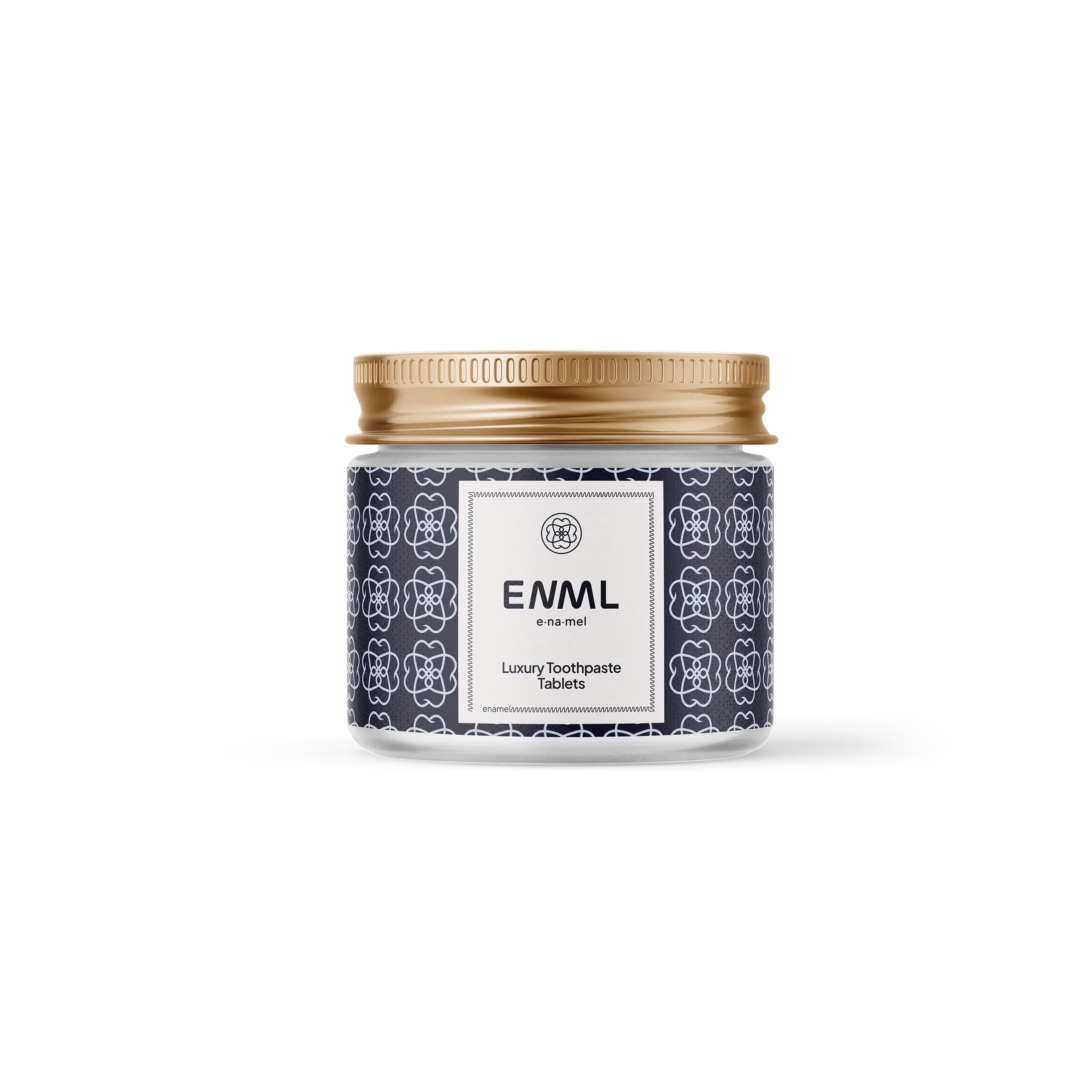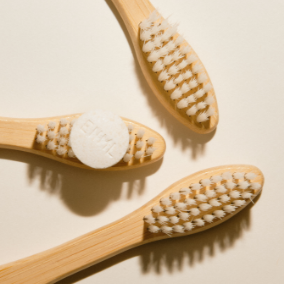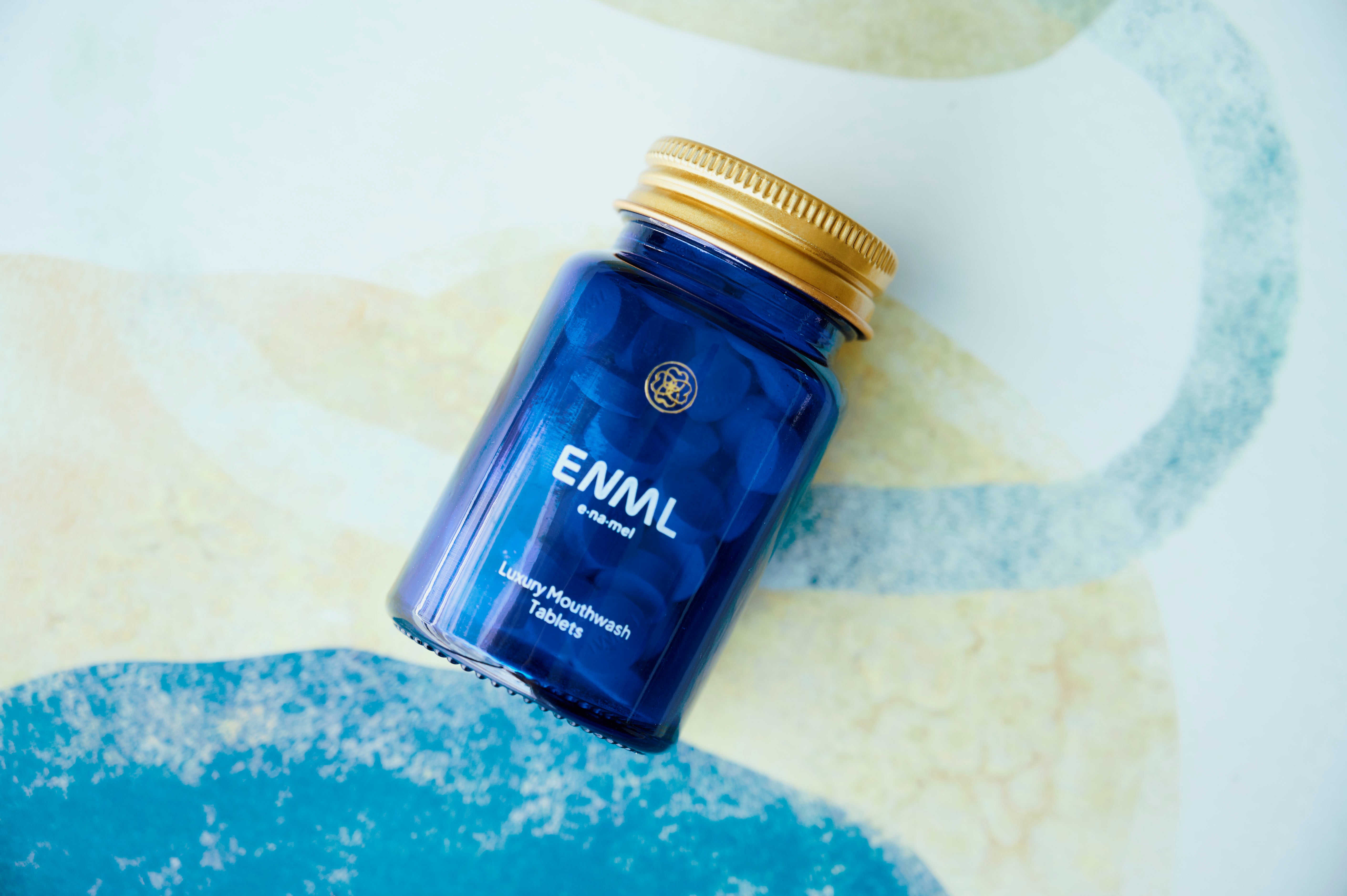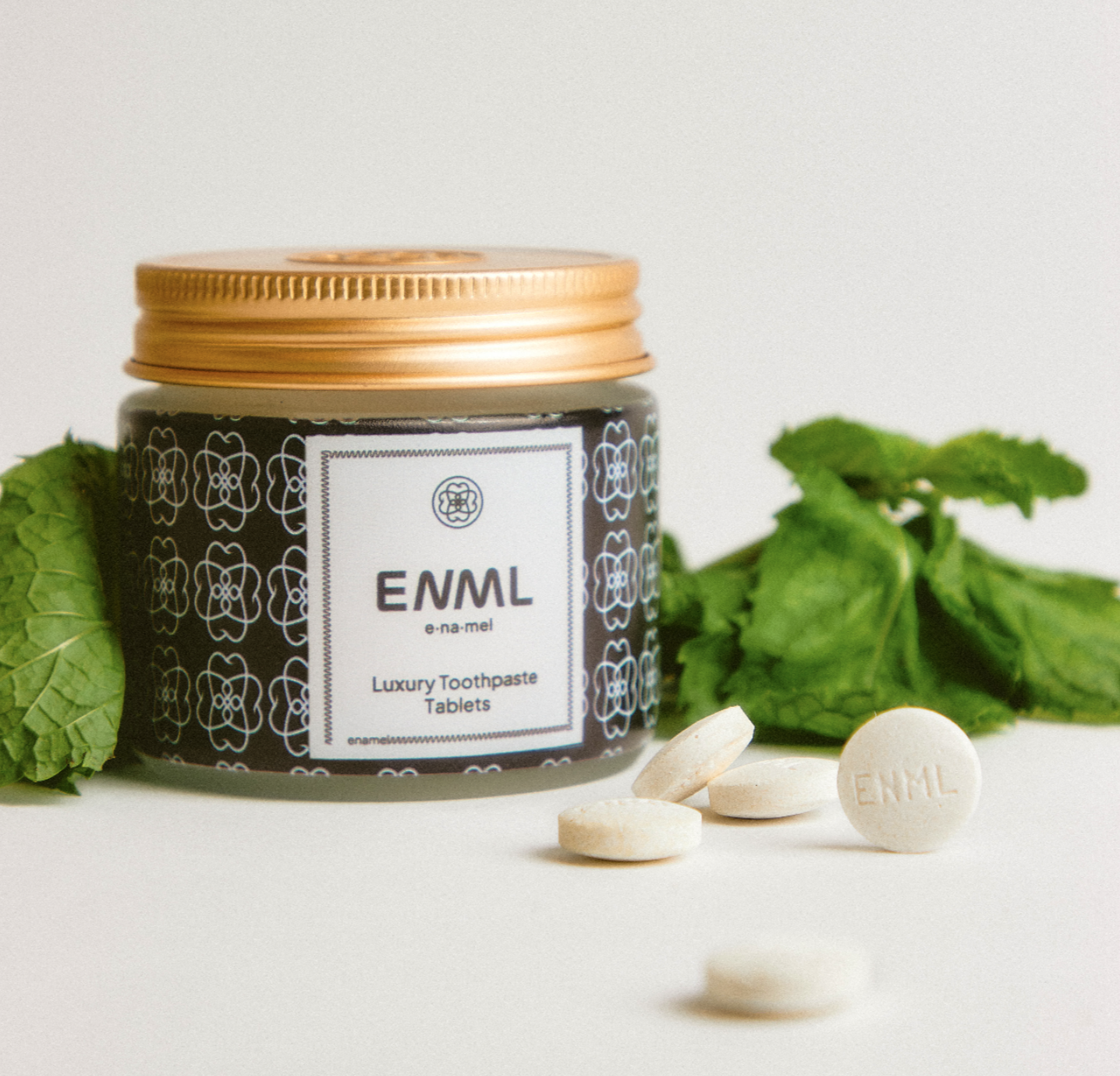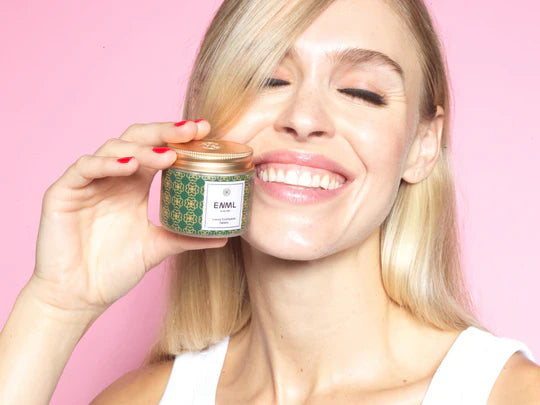Halloween and candy go hand in hand, but not all treats are created equal when it comes to your oral health. Dr. Jordan Harper breaks down which candies are better for your teeth and which ones to avoid. Learn how to protect your smile while enjoying your favorite sweets.
What makes some candies worse for your teeth than others?
Sticky, tacky candies like caramels and milk duds can be more damaging to teeth because they cling to surfaces, increasing the contact time for bacteria to feed on sugars. Shortening this contact time is key to protecting your enamel.
💡Related Post: Potato Chips vs. Candy: What’s Worse for Your Teeth?
Key Questions and Answers
-
Why are sticky candies more harmful than other sweets?
Sticky candies adhere to teeth, extending the time sugar is available for bacteria. This leads to prolonged acid production, which erodes enamel. -
Are there any candies that are less harmful?
Candies like dark chocolate are less likely to stick to teeth and can be a better alternative. Look for sweets that dissolve quickly to minimize contact time. -
Why is reducing contact time so important?
Contact time allows bacteria to feed on sugar, creating acid that weakens enamel. The sooner you remove the sugar, the less damage it can cause. -
What should you do after eating sticky candies?
Brush your teeth or rinse your mouth with water as soon as possible. Flossing is also essential to remove particles from hard-to-reach areas.
Conclusion
Sticky candies like caramels and milk duds may satisfy your sweet tooth, but their clingy nature poses a significant risk to your enamel. Combat the effects of these treats with ENML Toothpaste Tablets, designed to effectively remove debris and protect your enamel with advanced microhydroxyapatite technology.
After indulging in your favorite Halloween sweets, rinse away harmful sugars with ENML Mouthwash Tablets. These tablets are the perfect companion for maintaining oral hygiene on-the-go.
For a complete oral care routine that keeps your teeth healthy and strong, check out the ENML Jar Collection. Together, these products ensure you can enjoy Halloween treats while safeguarding your smile.
Transcript
As far as the candy goes, you know, there's, there's definitely candies that are better than others. And there's candies that are worse than others. You know, anything that's sticky, tacky, caramels, right? Milk duds, like all those types of candies that just like really get in there and won't leave. Um, not as great, right?
Uh, because you're, you're just increasing contact time and that's the whole concept, right? Of brushing your teeth is. Um, you're trying to eliminate that contact time the food has with the teeth so that you're eliminating the bacteria food source. If you eliminate that, the bacteria always going to be in your mouth always.
And that's a good thing. Um, but your limit, you're eliminating that long duration contact time so that acid secretions are not building up on the tooth.

